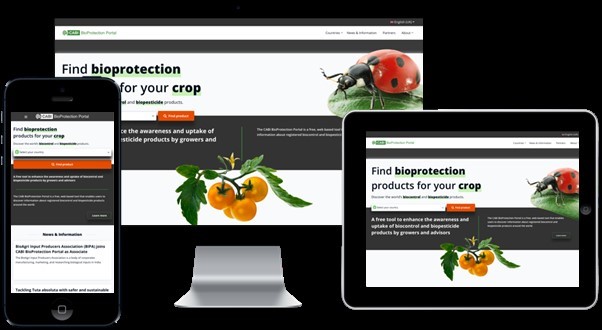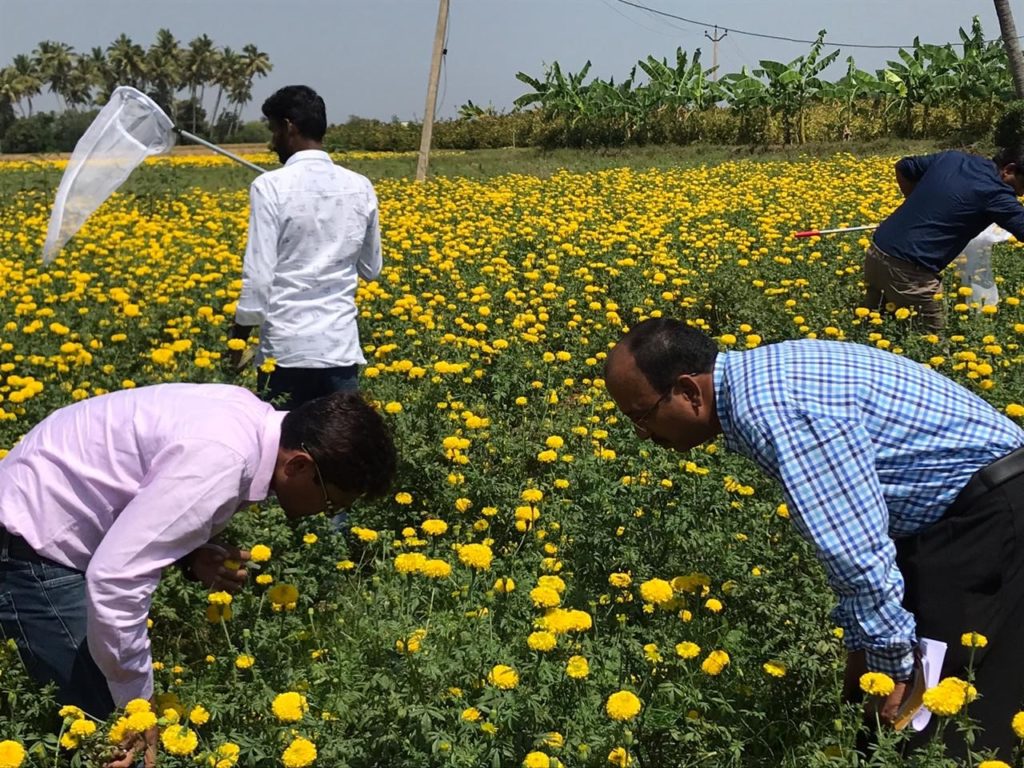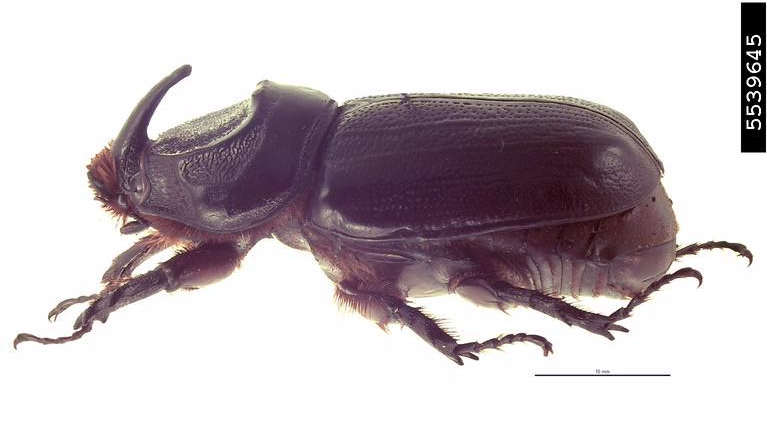BioProtection Portal benefits showcased at BioProtection Day conference
CABI has showcased the benefits of the CABI BioProtection Portal during a special Bioprotection Day conference in Brazil held virtually in collaboration with Embrapa Soja the Brazilian Agricultural Research Corporation. The CABI BioProtection Portal is a free web-based tool that enables users to discover information about registered biocontrol and biopesticide products around the world and…
PlantwisePlus: safer plant protection products
Dr Belinda Luke is one of the Global Team Leaders for CABI’s new flagship programme PlantwisePlus. Her role within the programme is to oversee the development of local production and distribution systems, for less harmful, biological plant protection products.
Transforming farmers and plant doctors into pest-smart agents in their communities
By Sathis Sri Thanarajoo. Reblogged from the CGIAR research program on Climate Change, Agriculture and Food Security blog. Pest-Smart program aims to increase the awareness of farmers on alternative pest-related practices and enhance the capacity of plant doctors in dealing with pests and diseases. Farmers and plant doctors in Ekxang Climate-Smart Village (CSV) in Laos were trained…
Swapping Pesticides with Beetles Could Put Money in Farmers' Pockets
By Wei Zhang. Reblogged from Agrilinks. Every time you see a ladybug—also known as the ladybird beetle—you should tuck it in your wallet as a lucky charm to bring prosperity, according to the folklore of many countries. There’s a grain of truth in the old stories. Research shows that each ladybird in a cotton field in…
CABI joins Koppert to reduce the reliance on chemical use in pest management in Kenya
CABI has initiated activities with Koppert Biological Systems to increase the fight against crop pests and diseases which threaten the food security and livelihoods of thousands of farmers and their families in Kenya. CABI has signed a collaboration agreement with Koppert to deliver more Plantwise plant doctor training in Kenya, with funding from the Koppert Foundation. This includes plans to…
Why African farmers should balance pesticides with other control methods
By Esther Ndumi Ngumbi. Reblogged from The Conversation. Insect pests cause almost half of the crop losses in Africa. If the continent is to feed its growing population, farmers must find ways to control them. Pests account for high losses in other developing regions too. For smallholder farmers in particular, pest management needs to be affordable, safe…
Coconut Rhinoceros Beetle on Guam – an update
An adult male coconut rhinoceros beetle. Emmy Engasser, Hawaiian Scarab ID, USDA APHIS ITP, Bugwood.org 10 years ago the Coconut Rhinoceros beetle (CRB) was first discovered on the western Pacific island of Guam. Since then, these shoe-shine black, miniature invaders have spread to all parts of the island and are laying waste to the local coconut…
Fall armyworm could cost Africa $2bn+ in lost harvest
Last week, CABI confirmed that since it arrived in Africa in 2016, the Fall Armyworm (FAW) has been reported in 28 African countries, presenting a now permanent agricultural challenge for the continent. FAW mainly affects maize and can cut yields by up to 60%. In research funded by the UK’s Department for International Development (DFID), CABI…
Pakistan’s papaya pest squashed through biocontrol
By Saleem Shaikh. Reblogged from SciDev.Net A severe infestation of the papaya mealybug (Paracoccus marginatus) nearly wiped out papaya orchards in Pakistan before the largely farmed country decided to replace conventional chemical pesticides that were ineffective with natural predators that proved to be successful. The system was developed by agro-biotechnologists and entomologists at the Pakistani chapter…
- « Previous
- 1
- 2
- 3
- 4
- Next »






